On Thursday, The IRS announced the results of a successful effort that clawed back $1 billion of back taxes from wealthy individuals who had outstanding tax debts with the government.
This effort has been credited to a 2022 law signed by the Biden administration that among other things helped increase funding to the IRS allowing the agency to improve staffing and technology. This law also closed some federal tax loopholes for large corporations.
IRS Initiative

Starting last year, the IRS began honing in on wealthy individuals through a series of programs meant to target those who have failed to pay their tax debts.
This campaign by the IRS specifically targeted those who report more than $1 million in income and have outstanding tax debts of over $250,000.
Statement from the IRS
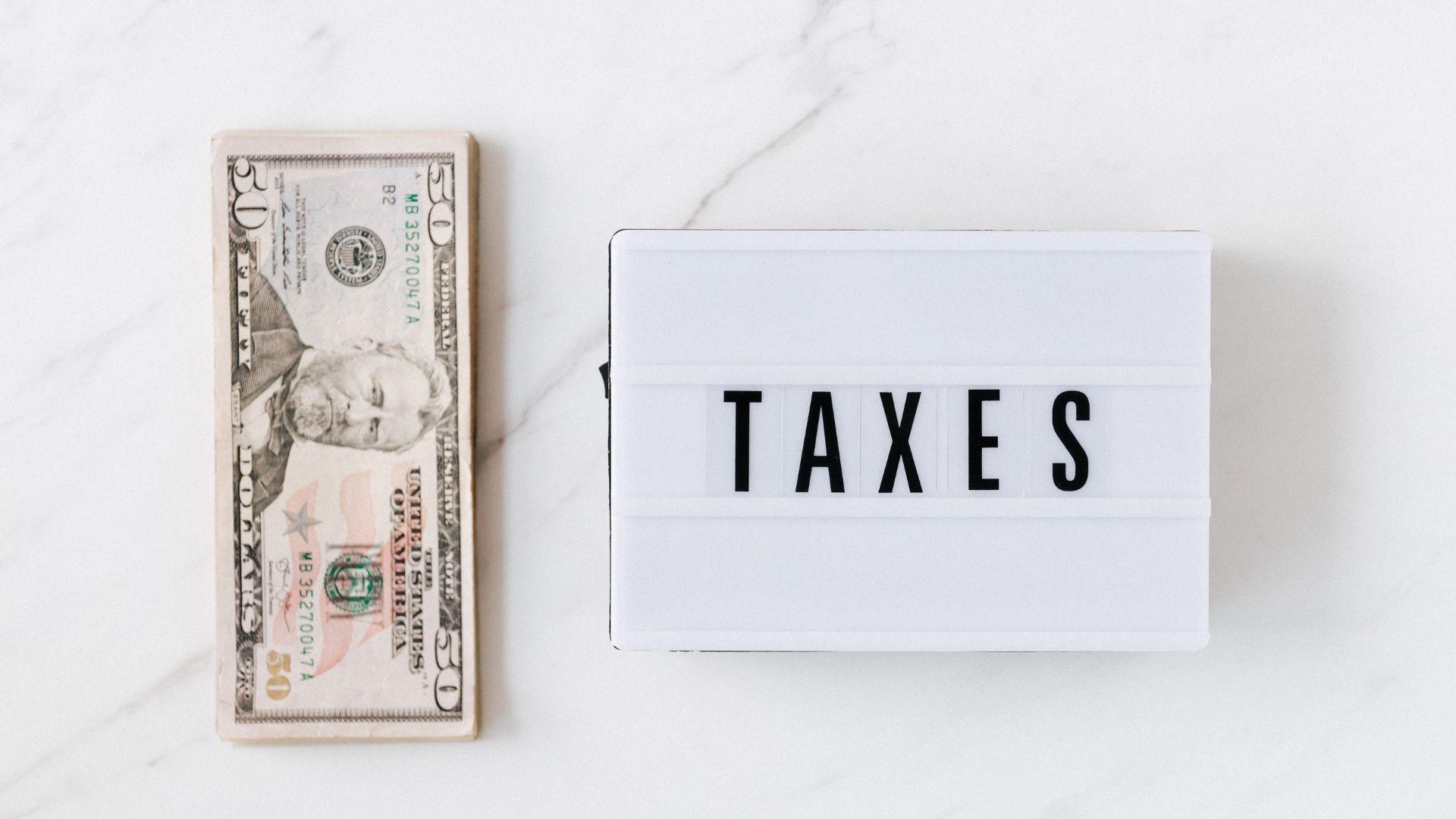
The IRS released a statement celebrating the acquisition of the back taxes, describing it as an important milestone.
“With this collection activity, the IRS passed an important milestone in our effort to improve compliance and ensure fairness in the tax system,” said IRS Commissioner Danny Werfel. “Our increased work in this area means these past-due tax bills from high-end taxpayers are no longer being left on the table, like they were too often in the past.”
Help From Biden Administration Law

The IRS thanked the Inflation Reduction Act, which was signed into law in 2022 and changed a variety of federal tax laws along with providing more funding.
“As part of continuing compliance efforts under the Inflation Reduction Act, the Internal Revenue Service today announced the agency has surpassed the $1 billion mark in collections from high-wealth taxpayers with past-due taxes,” said the IRS in a statement.
Significant Law
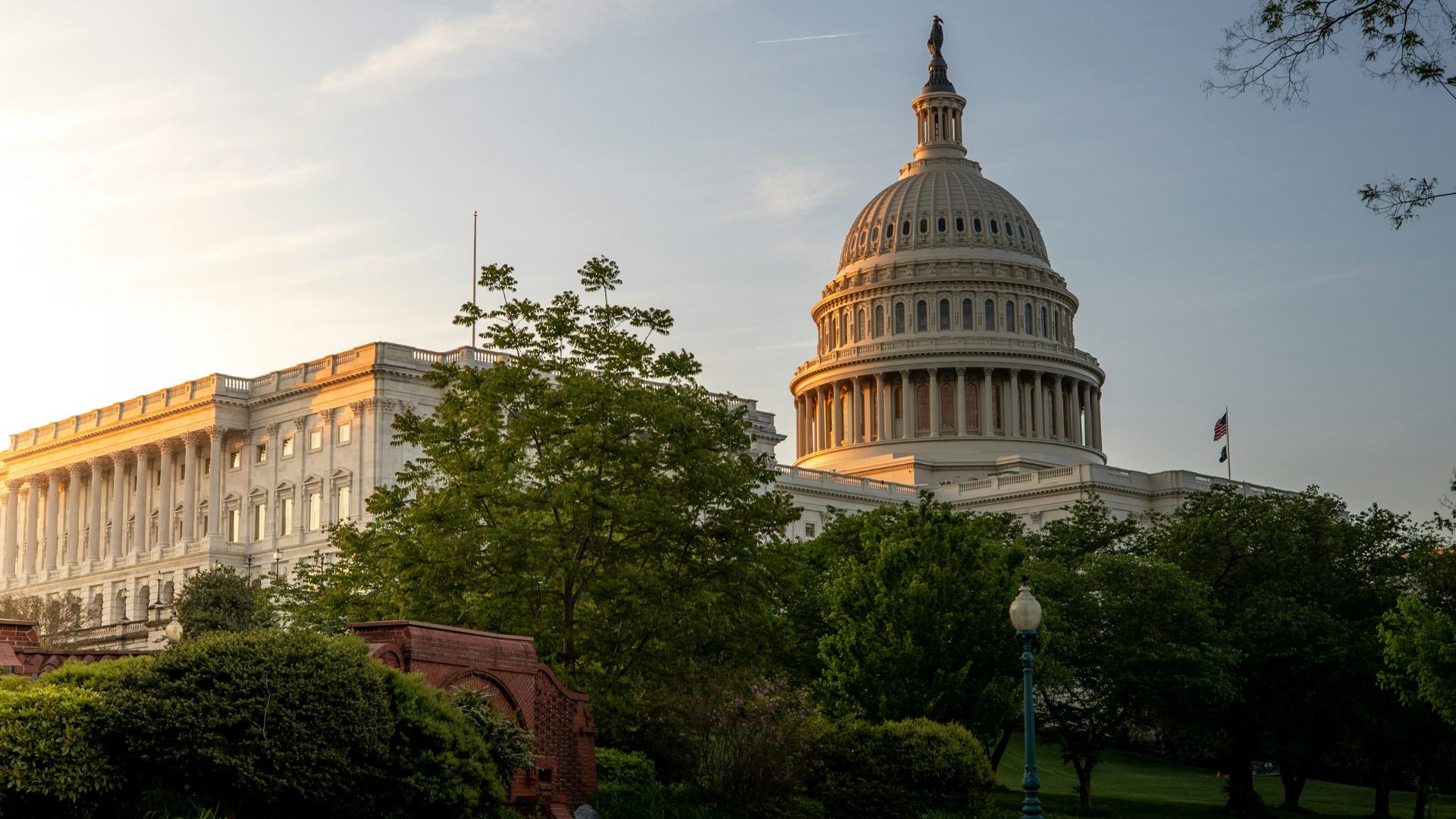
Back in 2022, the White House called the law’s passage “the most significant action Congress has taken on clean energy and climate change in the nation’s history.”
Among many things the law did, it also provided increased funding to the IRS to help improve services and technology over a ten-year plan.
Stepping Up Activity
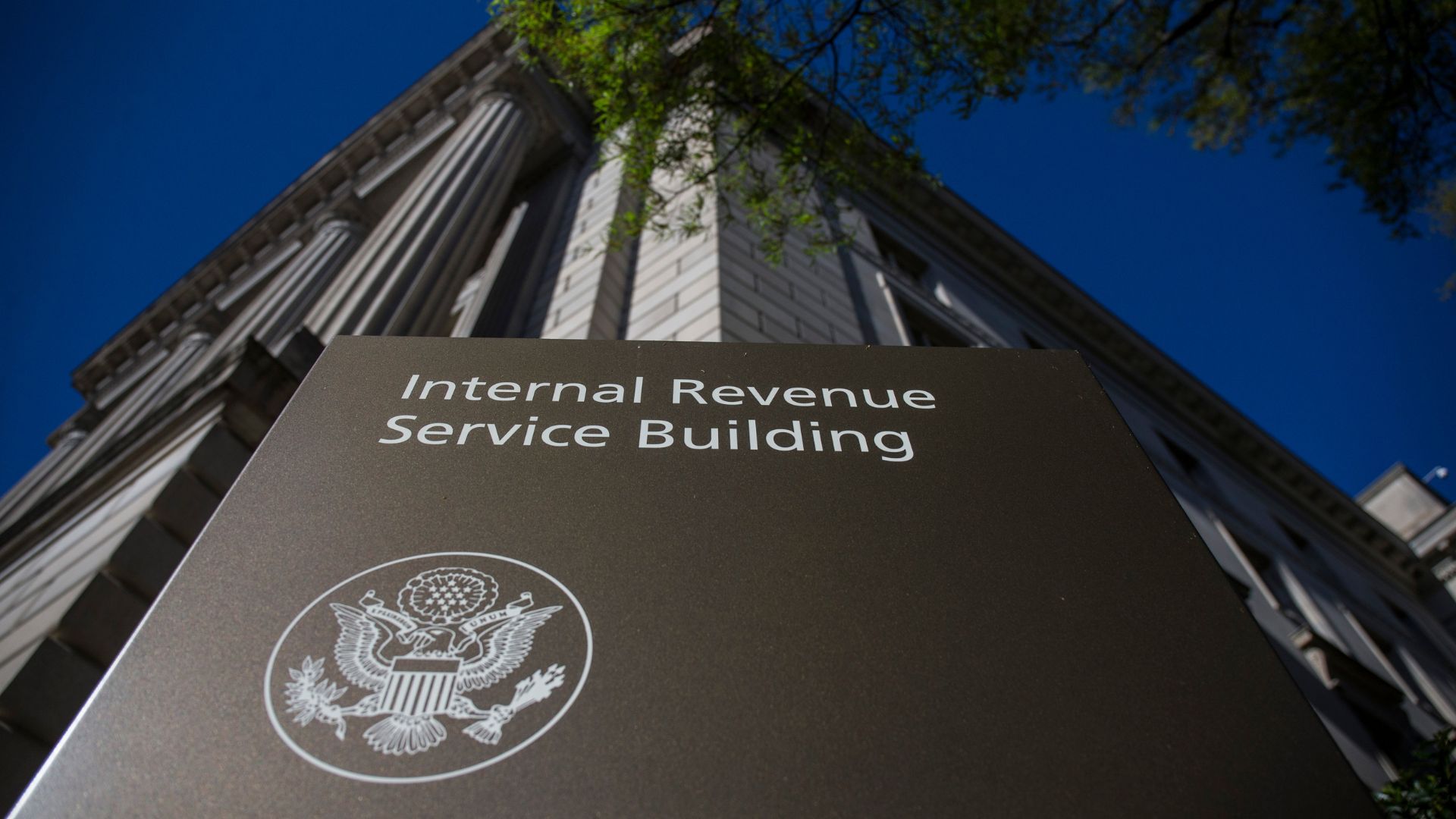
In their statement, the IRS described the increased activity that the funding from the law has enabled them to carry out.
“As part of larger efforts taking place, the IRS has stepped up activity specifically on 1,600 individuals whose incomes were more than $1 million per year,” said the IRS.
Getting What is Owed

Commissioner Werfel described a previous dynamic at the IRS where it just didn’t have the resources before to go after wealthy individuals with tax debt.
“Years of funding declines meant the IRS couldn’t get to money that we knew was owed, but we simply didn’t have the resources or staffing to collect,” Werfel said. “Funding from the Inflation Reduction Act is reversing a decade-long decline in our compliance work, including increasing our compliance work involving the wealthiest individuals and groups with tax issues.”
Staff and Technology Making A Difference

Werfel emphasized that their collection results speak to a magnitude of improvement and the IRS will continue making improvements to make the wealthy pay what is owed to the government.
“We continue working to add staff and technology to ensure that the taxpayers with the highest income, including partnerships, large corporations and millionaires and billionaires, pay what is legally owed under federal law,” Werfel said.
Playing By the Rules

While Werfel was eager to hold millionaires and billionaires accountable, he also asserted that a strong IRS would benefit hardworking taxpayers who play by the rules.
“At the same time, we are focused on improving our taxpayer service for hard-working taxpayers. The additional resources the IRS received under the Inflation Reduction Act are making a difference, both for taxpayers who play by the rules and those who don’t,” said Werfel.
Tax Fairness
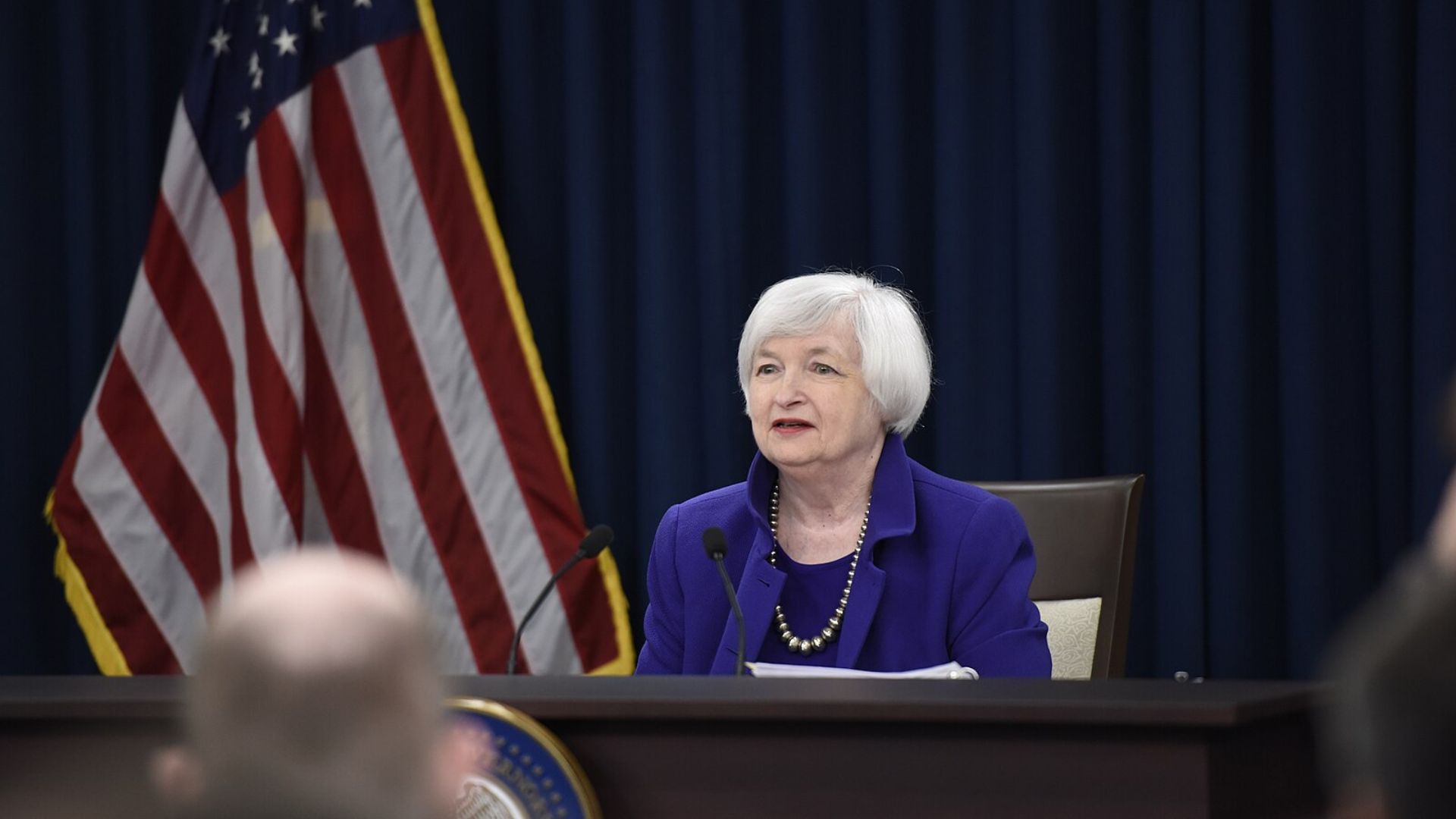
Treasury Secretary Janet Yellen released a statement praising Biden’s Inflation Reduction Act, repeating an administration talking point about tax fairness.
“President Biden’s Inflation Reduction Act is increasing tax fairness and ensuring that all wealthy taxpayers pay the taxes they owe, just like working families do,” said Yellen.
Paying Your Fair Share
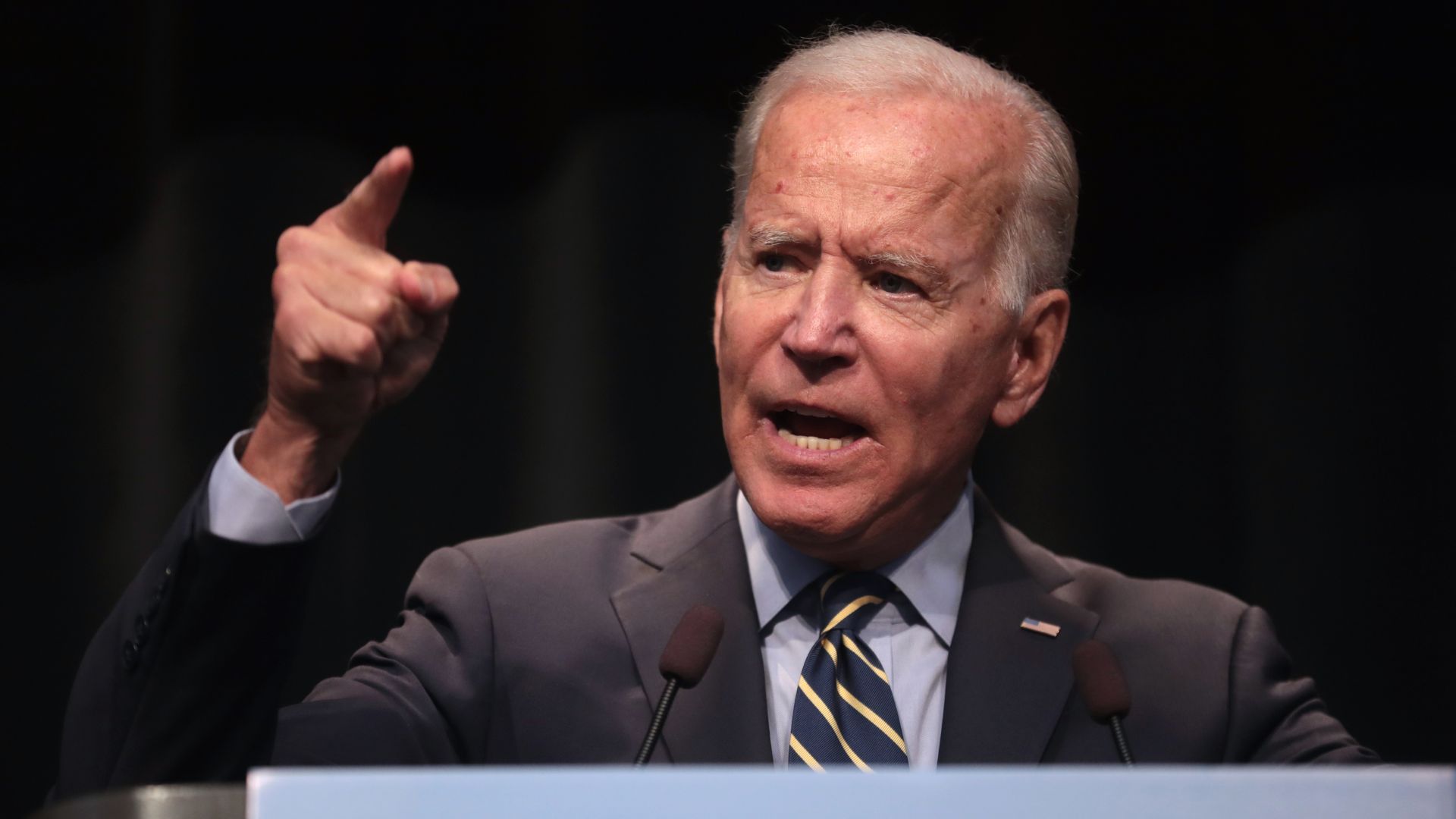
A mantra that has become a popular phrase from President Biden is that he intends to “‘make the wealthy pay their fair share.”
This line was featured in his recent State of the Union address in reference to a policy proposal to lift the payroll tax cap to make wealthier individuals pay more.
Going After Regular People

While the IRS is celebrating collecting back taxes against the wealthy, some have criticized the agency for going after normal Americans who are struggling and can be easy targets for IRS audits.
“It should also be noted that nearly two-thirds of audits initiated in 2023 were on those making less than $200,000,” said Demian Brady, vice president of research for the National Taxpayers Union Foundation.
